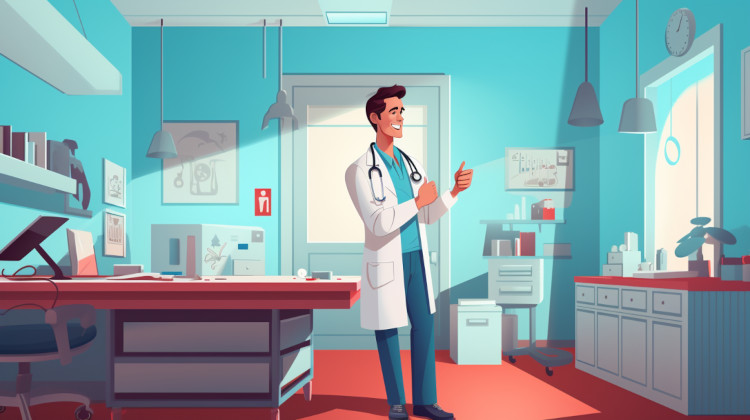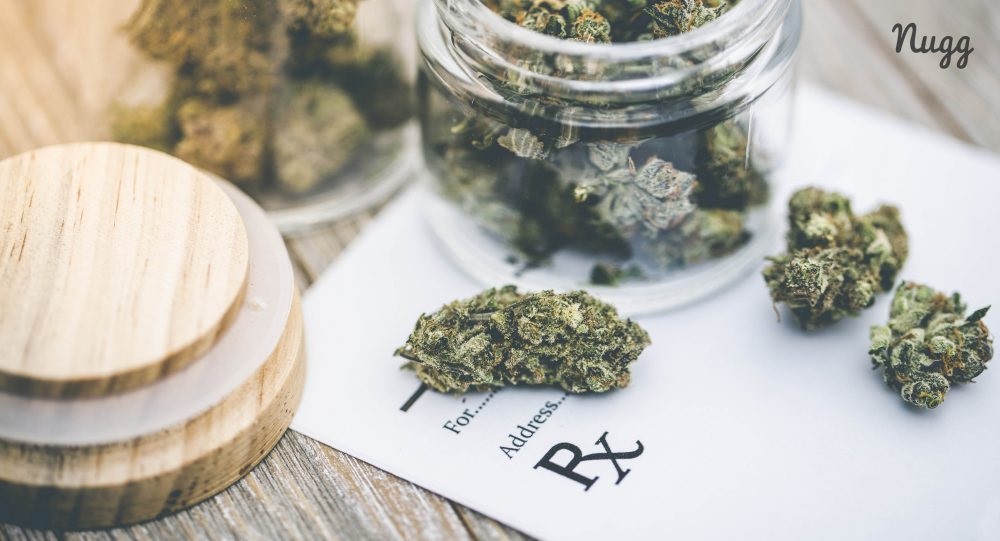
Interstitial cystitis is a chronic bladder condition often characterized by pelvic and bladder pressure and pain. It affects between three and seven million women and one and four million men in the United States. The development of interstitial cystitis is more common in women than in men.
Patients typically have symptoms for six or more weeks to be diagnosed with interstitial cystitis. Other conditions, such as a urinary tract infection, may need to be ruled out. Currently, there isn’t one standard way to diagnose this condition.
What Causes Interstitial Cystitis?
Nobody has an exact answer as to what causes interstitial cystitis. Researchers postulate that autoimmune processes, fibrosis, mast cell dysfunction, pelvic floor dysfunction, and more could contribute to its development.
Some people are able to notice that certain foods like chocolate or beverages like coffee aggravate their interstitial cystitis symptoms. Physical and mental stress can exacerbate the symptoms of interstitial cystitis.
Researchers in 2018 found that several genetic variations can cause interstitial cystitis, which also indicates a hereditary link.1
Interstitial Cystitis Signs & Symptoms
The severity of symptoms for those with interstitial cystitis can range widely. Some people can manage their symptoms easily, while others need extensive support to live comfortably in their daily lives.
If you’re experiencing interstitial cystitis, you may have one or more of the following symptoms:
- Increased urination
- Pelvic pain
- Pain during sex
- Urination urgency
Nocturia is a condition that results in people frequently waking up during the night to urinate and is often associated with the symptoms of interstitial cystitis.2
Can Cannabis Help Alleviate Interstitial Cystitis Symptoms?

There are various treatment options for interstitial cystitis. The choice will depend on the severity of the symptoms and lifestyle and diet choices. Treatment options should begin with modifications to the individual's lifestyle and diet and may also include physical therapy.
The receptors for cannabinoids are located throughout the body, allowing cannabis to affect different biological systems, including the urinary tract. So although treatment for interstitial cystitis requires prescription medication, cannabis may help alleviate some of its symptoms. Although research is limited, one study found that 82% of patients who used cannabis for interstitial cystitis had less pain.3
A research study from 2022 noted that there is still a wide gap in the knowledge about how cannabis use can help women experiencing pelvic pain.4 In 2023, new research found that CBD had potent effects against key processes in the immune response in interstitial cystitis in human cell lines.5 More human clinical research must be done to learn more about cannabis and pelvic pain.
If you’re considering whether or not to use cannabis to help with interstitial cystitis, it’s best to speak with a medical professional about all of your options and get a personalized recommendation.
Legality and Doctor’s Recommendation
To determine if your state considers interstitial cystitis to be a qualifying condition for medical marijuana, check out our Laws & Regulations section for the medical cannabis rules for your state.
If you find that your state recognizes interstitial cystitis as a qualifying medical condition, you can seek a doctor’s recommendation to register for your state’s medical marijuana program.
How NuggMD Can Help

NuggMD is the nation's leading medical marijuana technology platform, serving patients in 25 states and growing. We’ve connected over 1,000,000 patients with their new medical marijuana doctors face-to-face via our state-of-the-art telemedicine platform.
We believe that every human being has the right to explore the benefits of medical cannabis and are fully committed to helping each patient explore all of their options in their journey to wellness. For further information on whether you qualify for medical cannabis, select your state.
Resources
1. Yizhe Lim, Seanan O'Rourke. Interstitial Cystitis. Nih.gov. Published April 20, 2021. https://www.ncbi.nlm.nih.gov/books/NBK570588/
2. Allen-Brady K, Rowe K, Cessna M, Lenherr S, Norton P. Significant Linkage Evidence for Interstitial Cystitis/Painful Bladder Syndrome on Chromosome 3. J Urol. 2018;199(1):172-177. doi:10.1016/j.juro.2017.07.068
3. Warren JW, Horne L, Diggs C, Greenberg P, Langenberg PW. Nocturia in interstitial cystitis/painful bladder syndrome. Urology. 2011;77(6):1308-1312. doi:10.1016/j.urology.2011.02.012
4. Anderson KH, Jenkins D, Lynch ME, Cox A. Patient perspectives on cannabinoids for interstitial cystitis/bladder pain syndrome. icsorg. Published online November 19, 2020. https://www.ics.org/2020/abstract/45
5. Robert M, Graves LE, Allen VM, et al. Guideline No. 425a: Cannabis Use Throughout Women's Lifespans - Part 1: Fertility, Contraception, Menopause, and Pelvic Pain. J Obstet Gynaecol Can. 2022;44(4):407-419.e4. doi:10.1016/j.jogc.2022.01.012
- Allen-Brady K, Rowe K, Cessna M, Lenherr S, Norton P. Significant Linkage Evidence for Interstitial Cystitis/Painful Bladder Syndrome on Chromosome 3. J Urol. 2018;199(1):172-177. doi:10.1016/j.juro.2017.07.068 ↩︎
- Warren JW, Horne L, Diggs C, Greenberg P, Langenberg PW. Nocturia in interstitial cystitis/painful bladder syndrome. Urology. 2011;77(6):1308-1312. doi:10.1016/j.urology.2011.02.012 ↩︎
- Anderson KH, Jenkins D, Lynch ME, Cox A. Patient perspectives on cannabinoids for interstitial cystitis/bladder pain syndrome. icsorg. Published online November 19, 2020. https://www.ics.org/2020/abstract/45 ↩︎
- Robert M, Graves LE, Allen VM, et al. Guideline No. 425a: Cannabis Use Throughout Women's Lifespans - Part 1: Fertility, Contraception, Menopause, and Pelvic Pain. J Obstet Gynaecol Can. 2022;44(4):407-419.e4. doi:10.1016/j.jogc.2022.01.012 ↩︎
- Kuret T, Kreft ME, Romih R, Veranič P. Cannabidiol as a Promising Therapeutic Option in IC/BPS: In Vitro Evaluation of Its Protective Effects against Inflammation and Oxidative Stress. Int J Mol Sci. 2023;24(5):5055. Published 2023 Mar 6. doi:10.3390/ijms24055055 ↩︎
The information in this article and any included images or charts are for educational purposes only. This information is neither a substitute for, nor does it replace, professional legal advice or medical advice, diagnosis, or treatment. If you have any concerns or questions about laws, regulations, or your health, you should always consult with an attorney, physician or other licensed professional.

